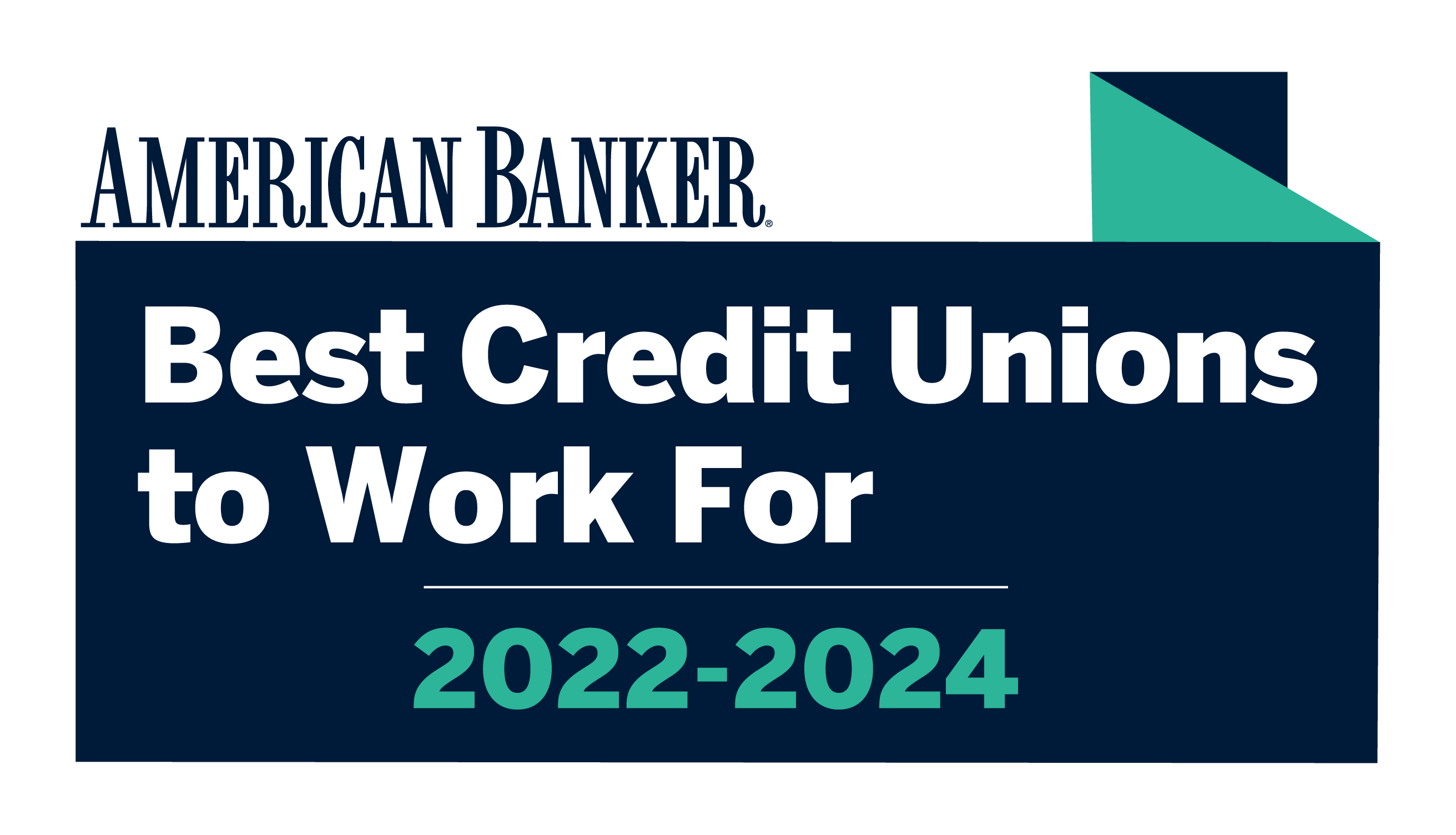The Psychology of Spending Money: 4 Common Challenges
Ever wonder why you, or a loved one, spent so much on a pair of pants that don’t even fit? Or buy a handful of lottery tickets when chances of winning the jackpot are next to nil? You’re not alone. The Nobel Prize-winning science of behavioral finance has tackled these questions for several decades to help explain why people relate to money as they do. In a perfect world we’d all resist the urge to splurge, and instead save the right amount for a cozy retirement.
Call it gut instinct or rules of thumb: Most people rely on emotional shortcuts to make their financial decisions. Those rules, psychologists say, evolved as cognitive shortcuts in the human brain — if you think through every move you make, it takes a long time. But in the financial realm, shortcuts can make you see patterns that don’t exist and point you toward irrelevant information.
By understanding the reasons for spending money and how many of your financial decisions are subconscious, you can become more aware of ways to change your usual way of doing things — which can lead to better financial habits. Here are 4 common money spending challenges and simple fixes:
Spending Challenge #1 — The Future is Distant.
Humans have a hard time conceptualizing the future, notes James E. Burroughs, professor of commerce at the University of Virginia. For early humans the most vexing threats were the most immediate — securing food and keeping marauding beasts away — not some potential threat many years later. Sensational news headlines notwithstanding, the present is fairly safe thanks to modernity, a plentiful food supply and beasts that stay away from human population centers. But when it comes to money, we still have trouble making careful judgments about the future.
“Money in the distant future is given less weight than money sooner,” Smith says. “This is called the present bias.” For example, a vacation next year is much more concrete than buying a home five years from now, or retiring in 30. “The more stretched out the consequence,” Burroughs says, “the harder time we have making a proper evaluation of the consequences.” The Fix: Start small. If saving for retirement seems too daunting, perhaps begin with just 5% of your gross salary. If you earn $30,000, that amounts to $125 a month. Then boost the savings rate an additional percentage point a year, or direct pay raises to savings.
Spending Challenge #2 — Credit Isn’t “Real.”
People spend more with a credit card than when they pay using cash. Why? With plastic you only feel the pain of spending later, when the bill arrives. “Cash makes the pain of paying more transparent,” Burroughs says. Unsurprisingly, highway toll revenues rose drastically shortly after electronic-pay toll booths replaced cash lanes. Drivers simply didn’t notice what they paid if they used a transponder. Similarly, people tend to overspend when visiting another country. “Foreign currency tends to look like Monopoly money,” Burroughs says, “so people don’t think it’s real.” However, the longer you spend that currency, the more real it becomes and the effect starts to decline. The Fix: Get into the habit of using cash for day-to-day purchases. But you still should consider using a credit card for big-ticket items such as electronics or appliances.
Spending Challenge #3 — Money Doesn’t Translate Into Time.
Most people know how much money they make each year. But how many could say how much they earn per day? “That’s an important way of looking at money, and it can help frame spending decisions in a different way,” says John Buerger, a financial planner in San Luis Obispo, California. “We want to think of ourselves in as grand a context as possible,” Buerger says. A salary of $65,000 a year certainly sounds better than $178 a day. Yet when faced with day-to-day spending decisions, $1.50 for a cup of coffee or $40 for a trendy top are trivial amounts against $65,000 a year. Even so, they add up. The Fix: When faced with a spending decision, make an apples-to-apples comparison. A $50 item represents more than a quarter of a day’s earnings for someone making $65,000. Is that dinner or gadget worth so much?
Spending Challenge #4 — Tracking is Difficult.
Many people are unaware of how much money they spend each day, and the money quietly seeps out. “Often, money is going out the door to pay for stuff that isn’t important to people,” Buerger says. Buerger asks his clients to keep a journal of their spending for 30 days, taking down each transaction 24 to 36 hours after it’s made. That’s recent enough, but not in the moment, so people can look at those purchases more objectively. He then asks clients to rate each purchase 1 to 5 based on the value they receive. “For some people, coffee has tremendous value,” he says. Buerger reports that by tracking their spending, people become more aware and automatically reduce their spending by 3% to 5%.
That’s when he tries to reposition behaviors often seen as painful into pleasure. Take savings: It’s often seen as a sacrifice. To change behavior, saving should be pleasurable. And that’s why Buerger asks his clients to focus on spending that brings them joy.
It’s hard to overemphasize how powerful it is to start saving at an early age. A person who saves from age 25 to 35 and then stops ends up with more money at age 65 than someone who saves the same amount from age 35 to 65.”For someone who is making $50,000 to $60,000 a year, they are going to find that $150 to $200 a month can be repositioned for saving. Do that for 30 to 40 years, and the sum you end up with is massive,” Buerger says. The Fix: Use money-tracking software for a month to see where your money goes. If items and categories on your list bring you little pleasure or value, redirect that spending to saving.
Resource:
StateFarm Simple Insights






